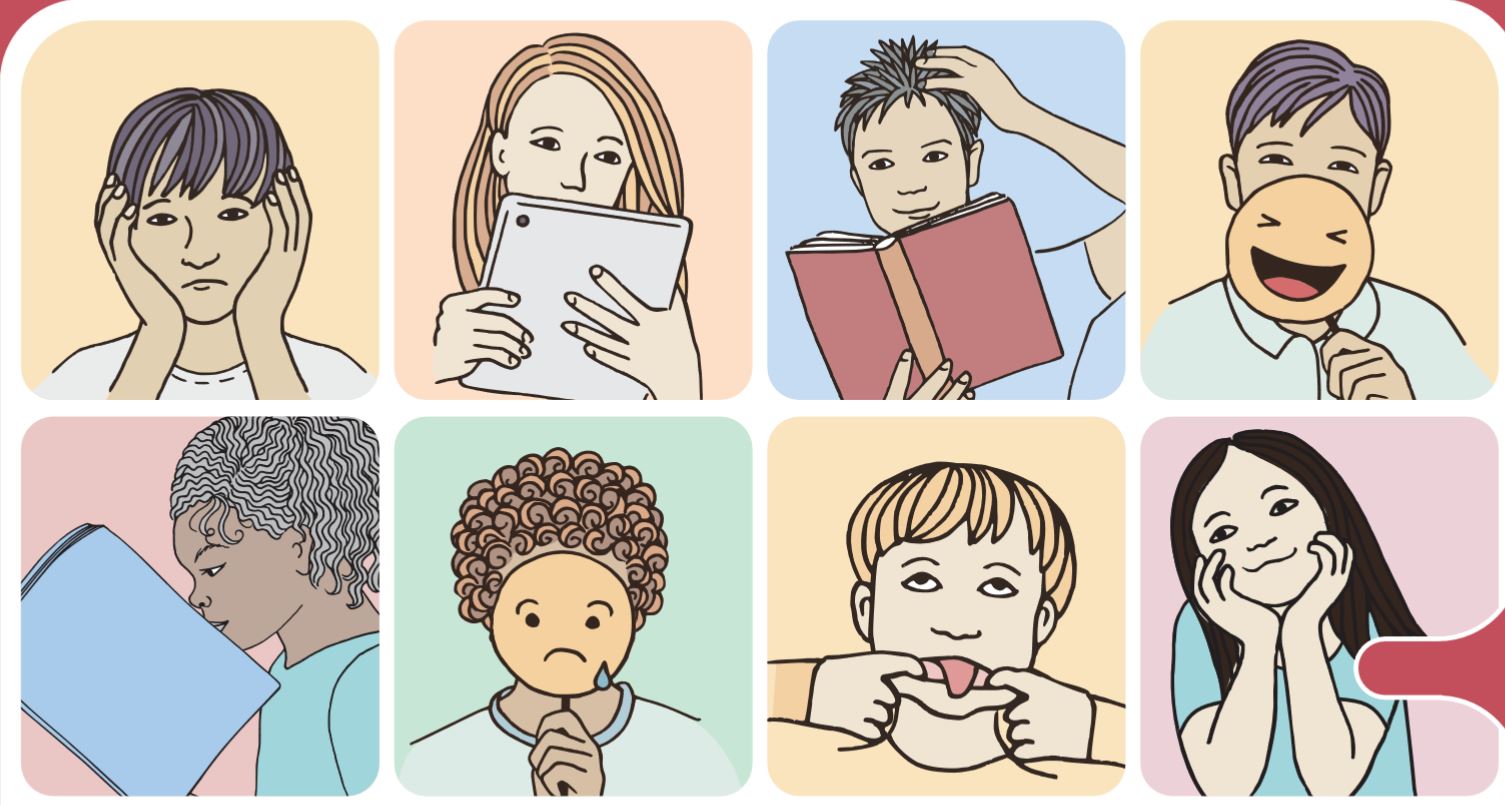Poverty, anxiety, digital and educational divide
A new report provides unique, in-depth assessment of the conditions of Europe’s children in 2020
Press Release
The COVID-19 pandemic has had multiple dramatic consequences on the conditions and rights of children across Europe, a new report by Eurochild shows. From mental health issues and domestic violence to education and digital divides, children in Europe have been paying a high price. Yet, a comprehensive response and concrete measures can help address these challenges effectively, as the country-by-country recommendations of the report show. By putting children at the heart of its recovery, Europe can build back better and stronger.
In 2020 in Europe, children are more likely to be at risk of poverty due to COVID-19, with a growing number of parents no longer able to care for their family as they would like after salary cuts, furlough or unemployment. In some countries such as Greece, Hungary, Romania and Slovakia, the number of children in alternative care has increased by as much as 30%.
Cases of children facing domestic violence and mental health issues have also surged across the continent, due to the combination of financial stress, uncertainty over the future, and confinement measures, with specific concerns raised in Bulgaria, Denmark, England, Estonia, Finland, France, Latvia, Romania, Slovenia and Portugal.
These findings are at the heart of the new report published by Eurochild on 18th November 2020, “Growing up in lockdown: Europe’s children in the age of COVID-19”, which provides a unique in-depth, country-by-country assessment of the situation of children’s rights and conditions in Europe, and measuring some of the concrete effects of the coronavirus pandemic on children across Europe. The reportcompiles information from 25 countries gathered until August/September 2020 – hence before the second wave that Europe has been facing since then, which has amplified the impact of the pandemic on economy and society in European countries.
“Among the main challenges that have dramatically increased across the continent, our members on the ground have highlighted issues related to poverty, including food poverty, domestic violence, mental health issues as well as educational and digital divide”, Jana Hainsworth, Secretary General of Eurochild pointed, “but it is also our role to go beyond observation and suggest specific measures to bring a concrete and lasting answers to these challenges”.
For each country, the report also provides recommendations to improve public policies in both short and long-term to effectively support children and families – including reflections on the EU’s 2020 European Semester. It identifies gaps and issues in the national policy frameworks and in the use of the dedicated EU funds. Among the 25 countries observed, the report finds that today, only 7 have targeted political instruments to combat child poverty, while 6 have certain measures in place, and 8 countries have inadequate support. The report also shares good practice and calls for actions, and lists 5 priority actions at European and national levels:
- Set national targets to reduce child poverty and put children at the heart of recovery plans
- Establish the European Child Guarantee
- Promote a multi-dimensional approach to tackling child poverty
- Maintain, strengthen and expand investments in deinstitutionalisation reforms
- Better target available EU funding resources to reach children in need
- Recognise children as equal partners and enable their participation
“Children have been paying a really high price because of the effects of COVID-19 and not taking bold and decisive actions now will equal mortgaging the future of our continent. I believe that there is no sustainable recovery and no sustainable future without putting our children at the very heart”, H.E. Marie-Louise Coleiro Preca, President of Eurochild, said. “Children’s rights should inform any policymaking when we build back after the crisis, and it is critical that recovery include a children’s perspective. It is the time to ensure recovery plans are not short-sighted, that they focus on societal well-being not just the economy and leave no children behind”.
The situation of children’s rights, measures and the specific challenges will be discussed during the series of virtual events ‘Putting the children at the heart of Europe’s Recovery’ on 18th, 19th and 20th November 2020 with top-level speakers including the Secretary General of the OECD Angel Gurria, the Vice-President of the European Commission Dubravka Šuica, a recorded message from Spanish Prime Minister Pedro Sánchez, and participation of ministers and policymakers from various countries including Finland, Germany and Bulgaria. All events are open to media (registration here), with the possibility of interviews with some of the speakers.
About Eurochild:
Eurochild advocates for children’s rights and well-being to be at the heart of policymaking. We are a network of almost 200 members across 35 countries, working with and for children, striving for a society that respects the rights of children. We influence policies, build internal capacities, facilitate mutual learning and exchange practice and research. The United Nations Convention on the Rights of the Child is the foundation of all our work.
#PuttingChildrenFirst
For any questions, please email the Eurochild communications team:
Prerna Humpal, Mobile: +32 (0) 486 355 083
OR
Jeta Bejtullahu, jeta.bejtullahu@eurochild.org





